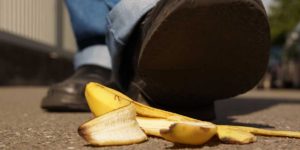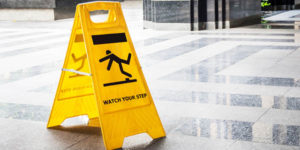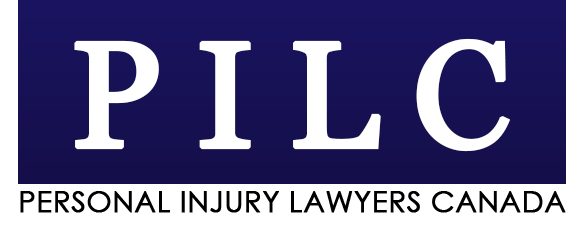Slip & Fall Claims
Slip & fall claims is a personal injury case if you accidentally trip on someone else’s property. It may be due to the risky condition of a certain area causing a person to suffer mild to severe injuries. It is also known as “trip and fall” and base on a claim that the owner of the property is negligent thus the existence of danger on his property that may cause accidents.
 Thousands of individuals in Canada suffer injury due to slipping and falling. It happens on a floor, stairs and other areas where danger awaits. It is likely that the uneven flooring can lead to a certain level of injury. However, it is hard to prove that someone is at fault for the accident.
Thousands of individuals in Canada suffer injury due to slipping and falling. It happens on a floor, stairs and other areas where danger awaits. It is likely that the uneven flooring can lead to a certain level of injury. However, it is hard to prove that someone is at fault for the accident.
Common Property Owner’s Defenses on Slip & Fall Claims
Generally, there are two straightforward defenses of property owners when it comes to public liability on slip and fall accidents. Here they are:
1. Not being negligent is the first defense. For instance, someone slipped a banana and it caused the slip and fall of another patron. Normally, the owner of the establishment will declare non negligence because he has no time to notice the risk and do something for mitigation.
2. The second is considered as the usual and typical defense— the injured person is at fault. For example, the owner claims that the victim would have acted reasonably by doing steps such as avoiding the banana to prevent from slipping. Every individual is responsible to be aware of his surroundings and must take reasonable actions to prevent accidents.
Nevertheless, this does not mean that the landlord is free from liabilities for the person’s slip and fall. The balancing of reasonableness follows. The courts and insurance companies use some guidelines to determine the culpability.
Property Owner’s Liability
Liability can be determined actually by using common sense. Nevertheless, to hold the property owner legally culpable for the injuries you suffer from slip and fall, one or two of the following must be right:
• The establishment’s owner or his crew is causing the spill, torn spot or some slippery objects in the premise’s surface.
• The employee or the property owner knows about the risky surface yet have done no effort on it.
• A reasonable property owner or employee should have known and discover the danger, then clean, repair, or get rid of the object.
Determining Reasonableness
All claims concerning negligence lies on whether the accused party did act reasonably. To determine reasonableness of the property owner, the law focuses on the issue whether the owner of the premises conducts regular and exhaustive actions to make the property clean and safe.
Furthermore, below are important questions that may be helpful in slip and fall claims:
Q1: Before the accident happens, for how long does that defect present in the premises?
Meaning, the slippery staircase may have been due to the leak from the roof. It had been leaking for a month. Thus, it is unreasonable if the owner found the leak and did nothing about it. Or it can be that the leak was there just last night and the property owner just waited for the rain to halt to be able to repair it.
Q2: Does the owner regularly conduct cleaning in the property premises?
Nonetheless, if accident was due to your carelessness, the compensation derived from slip & fall claims may be lesser than the amount accrued to those who have no fault. Say, you are talking or texting on your phone while walking and you ignore the warning signs.
Q3: Was there warning signs or a barrier to prevent people from slipping and falling?
The Possible Amount of Benefits for Slip and Fall Claims
1. The total amount of past, current and future Medical Bills.
2. The value for Pain and Suffering
3. The calculated amount of lost wages (past, present and future income)
4. The loss of your capacity to earn other income
5. The summation of your incidental and out-of-pocket expenses.
Before taking any steps in slip & fall claims, always seek the legal counsel’s advice. Contact one of our slip & fall injury lawyers in Ottawa before you sign anything. The consultation is free and you will be able to find out if you have a case or not.

Recent Comments